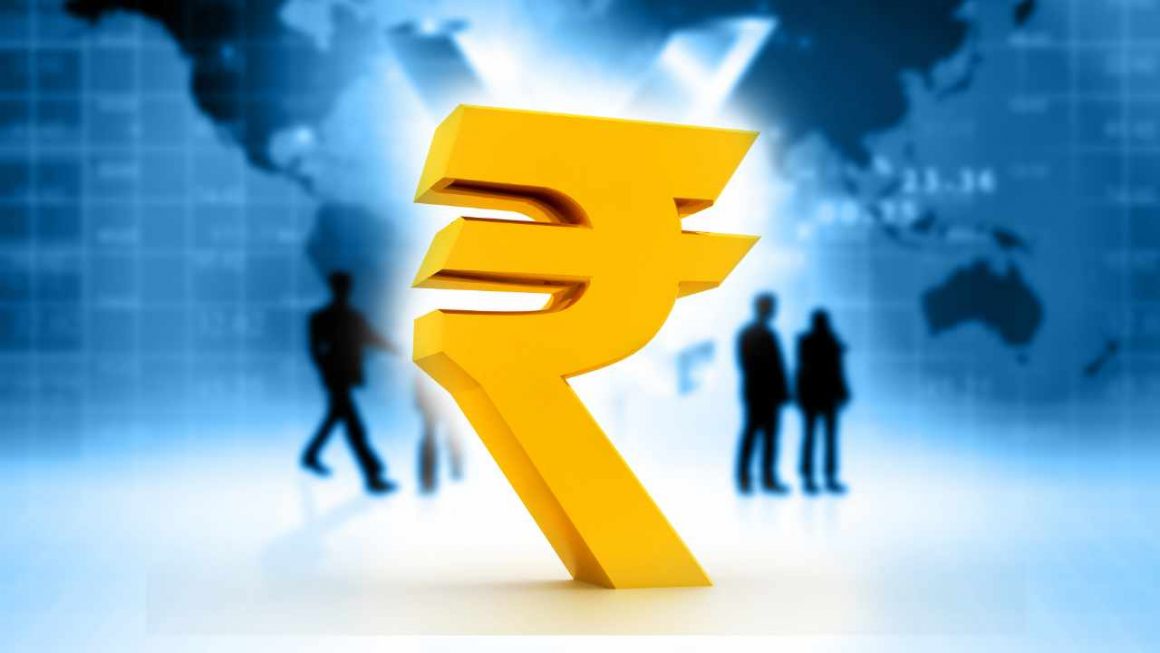India’s central bank, the Reserve Bank of India (RBI), has reportedly asked four banks to pilot the country’s central bank digital currency (CBDC) prior to its public launch.
RBI to pilot India’s CBDC with public sector banks
The Reserve Bank of India (RBI), the country’s central bank, has asked four public sector banks to trial India’s central bank digital currency (CBDC), Money Control reported on Monday, citing two unnamed bank officials.
One of the officials was quoted as saying.
RBI has asked State Bank of India, Punjab National Bank, Union Bank of India and Bank of Baroda to run the pilot internally.
“There is a pilot version on CBDCs,” another public sector bank executive confirmed to the publication. ‘RBI may launch it this year. When exactly the product and specifications will be rolled out remains to be seen.”
The Reserve Bank of India is also reportedly in talks with several fintech companies about the digital rupee. Among them is the US-based FIS, which is reportedly advising the central bank on CBDC issues, including offline and programmable payments, financial inclusion, and cross-border CBDC payments.
Julia Demidova, senior director of the FIS, told the news outlet last week.
The FIS has had various engagements with the RBI… Our connected ecosystem could be extended to RBI to experiment with various CBDC options.
“Whether it is wholesale or retail CBDC transactions, our technology can also be extended to where commercial banks can test and tokenize central bank money in the form of digital regulated money,” she added.
India’s Finance Minister Nirmala Sitharaman announced in February when presenting the Union Budget 2022 that the RBI would issue CBDCs during the current fiscal year. in May, the central bank would adopt a “phased approach” to the launch of the digital rupee It stated.
“The digital rupee is a digital version of the physical rupee and is regulated by the RBI. It will be such a system that will allow the exchange of physical and digital currency,” Indian Prime Minister Narendra Modi explained earlier.
Meanwhile, the RBI has advocated a ban on all cryptocurrencies, including bitcoin and ether, with RBI Deputy Governor T. Ravi Sankar saying earlier this year that cryptocurrencies “have no underlying cash flow” and “no intrinsic value,” adding that they are “similar to a Ponzi scheme and may be even worse It resembles a Ponzi scheme, and maybe even worse,” he added. The central bank governor said that “banning cryptocurrencies is probably the most desirable option open to India.” He stressed that.
Image credits: Shutterstock, Pixabay, Wiki Commons

